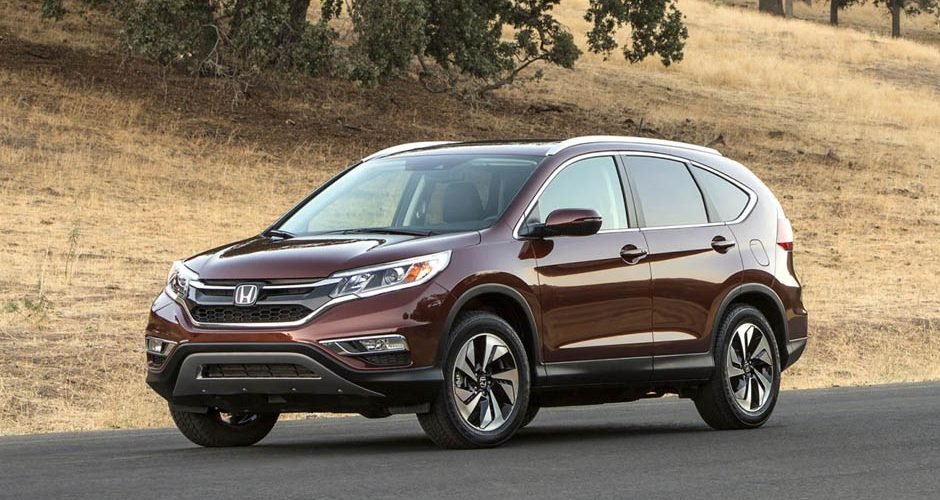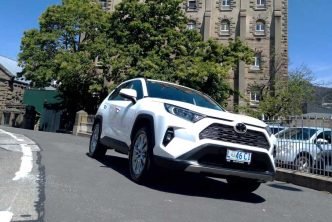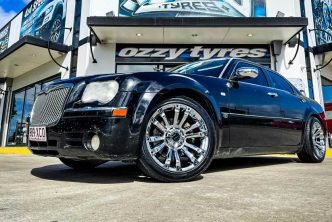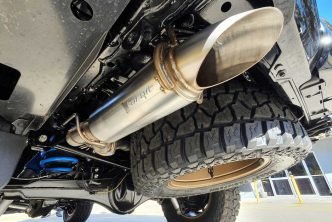When it comes to purchasing an SUV, you may find yourself torn between choosing a used vehicle or opting for a brand-new one. Making the best decision needs giving serious thought to several variables, including budget, preferences, and long-term objectives. This article will contrast new and used SUVs, pointing out the benefits and drawbacks of each choice so you can make an educated choice.
Table of Contents
The Benefits of Used SUVs
- Cost-effectiveness. Used SUVs in Philadelphia are a great option for budget-conscious buyers. Older SUVs typically provide a reduced purchasing price compared to new vehicles because the previous owner has already taken their first depreciation into account. This affordability allows buyers to enjoy a higher-end model or invest in additional features they may not have been able to afford otherwise.
- Reduced insurance costs. Potentially paying less for insurance is a benefit of selecting a used SUV. Insurance companies typically charge lower premiums because the vehicle has a smaller value than a brand-new SUV, which can result in long-term financial savings.
- Proven reliability. Modern SUVs are constructed to last, so purchasing a used vehicle with a solid history might give you comfort of mind. You may find dependable solutions that have stood the test of time by examining the reliability ratings of various SUV models, assuring you a reliable and durable vehicle for your needs.
The Advantages of New SUVs
- Latest features and technology. New SUVs come equipped with the latest advancements in technology, including safety features, infotainment systems, and fuel efficiency improvements. These innovative features can enhance your driving experience and provide a range of conveniences, making new SUVs an appealing choice for those who prioritize cutting-edge technology.
- Comprehensive warranty coverage. Another significant advantage of purchasing a new SUV is the extensive guarantee the manufacturer provides. This coverage offers protection against unforeseen mechanical issues, giving you peace of mind and potentially reducing future repair costs.
- Customization and personalization. New SUVs offer the opportunity to personalize your vehicle to your tastes and preferences. From selecting the exterior color to choosing optional features and accessories, buying a new SUV allows you to create a vehicle that perfectly aligns with your lifestyle and aesthetic preferences.
Key Considerations for Making the Right Choice
Budgetary Constraints
Determining your budget is crucial when comparing used and new SUVs. Consider your financial means, including the purchase price, potential loan payments, insurance costs, and ongoing maintenance expenses. By assessing your budget constraints, you can make an informed decision that aligns with your financial goals.
Maintenance and Repair Costs
Used SUVs may require more maintenance and repair work than their new counterparts. It’s essential to factor in the potential costs associated with maintaining and fixing a used vehicle, including routine servicing and potential repairs. Investigating the reliability ratings and service histories of specific models can provide valuable insights into the maintenance requirements.
Long-Term Ownership
A new SUV might be a better option if you plan to retain the car for a long time because of its extended warranty coverage, cutting-edge technology, and possibly lower maintenance costs. A used SUV, however, can provide better value for your money if you want to change your vehicles frequently.
Additional Factors to Consider
- Fuel efficiency. When comparing used and new SUVs, it’s important to consider fuel efficiency. Newer SUV models often come with advanced engine technologies and improved fuel efficiency, which can result in long-term savings on fuel costs. Nevertheless, it’s worth noting that some used SUVs may also offer respectable fuel efficiency, especially if they are equipped with efficient engines or hybrid powertrains.
- Depreciation. New SUVs tend to experience their highest amortization in the first few years of ownership. By choosing a used SUV, you bypass the initial depreciation hit, which can help preserve the vehicle’s value. However, it’s significant to research the resale value of specific used SUV models to ensure you make a wise investment.
- Availability and selection. The availability and selection of used and new SUVs can vary. While there may be a wide range of options for new SUVs, including different trim levels, colors, and customization choices, the availability of specific used SUV models in your area might be more limited. Research local dealerships, online marketplaces, and classified ads to get a sense of the options available to you.
- Safety features. Safety is a crucial consideration when purchasing an SUV. Newer SUV models often come equipped with advanced safety features, such as lane departure warning, forward collision warning, and blind-spot monitoring. While some used SUVs may also offer these features, it’s essential to research the safety ratings and available safety technology in the specific models you are considering.
- Financing options. SUVs tend to be financed for both new and used models, but interest rates and loan conditions may differ. It is a good idea to compare financing options provided by different lenders and take into account the total cost of financing over the loan period. The special banking deals or incentives that some manufacturers may offer for the purchase of a new SUV can also influence your decision.
Summary
Beyond price and dependability, there are many other things to carefully consider when deciding between a new SUV and a used SUV. Additionally, important factors to think about are fuel efficiency, depreciation, availability, safety features, and financing possibilities. You may make an informed choice that suits your needs, interests, and long-term objectives after researching and analyzing these extra variables.





